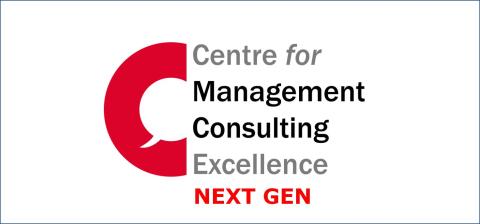CMCE Next Gen on Clubhouse: Becoming a co-moderator

The series structure
Pilot duration: 6-8 weeks
Frequency: Weekly
Session length: 60 minutes
Venue: Clubhouse
Format features: Host, multiple co-moderators (facilitators and panellists)
An event Host will be supported by co-moderators (at least four). Co-moderators will participate in discussing the topic.
The two types of co-moderators are:
- Facilitators
Participation as a facilitator is in an administrative capacity. Facilitators will ask questions to help the discussion along. They will review CH profiles of those in the general audience and can extend the invitation to the stage so listeners can contribute to the discussion. Facilitators will share their own stories and experiences on the subject when called upon by the Host.
- Panellists
Participation as a panellist will involve asking and answering questions in a way that stimulates critical thinking and draws out underlying assumptions and new ideas. Other participants will either accept and build on the main argument being proposed or present a counterargument (their own case that opposes and refutes the original claim proposed). There is no wrong or right answer as the goal of these discussions is to find truth. There is a preparatory process to make the most of participation.
It is recommended that both the facilitators and panellists read the prepared brief in advance of the session. However, speaking as a panellist and potential co-author will require some additional preparation.
The benefits of becoming a co-moderator
All participants (the event host, co-moderators – facilitators and panellists) are all volunteers to this initiative. By volunteering they can:
- Build a portfolio of relevant marketing collateral for their management consulting practice
- Develop an independent professional profile as a subject matter expert
- Interact with the work of possible mentors (others who are further ahead in their career than you are)
- Pursue truth and intellectual debate
- Develop core communication skills (active listening, persuasion, deductive, inductive and abductive reasoning skills)
- Expand your network
- Encourage thoughtful, deep and collaborative research
- Start or grow your portfolio of published work
If this sounds interesting and/or you have any question, get in touch with Tudor Baron or Rhonda Best to get involved. We look forward to hearing from you!